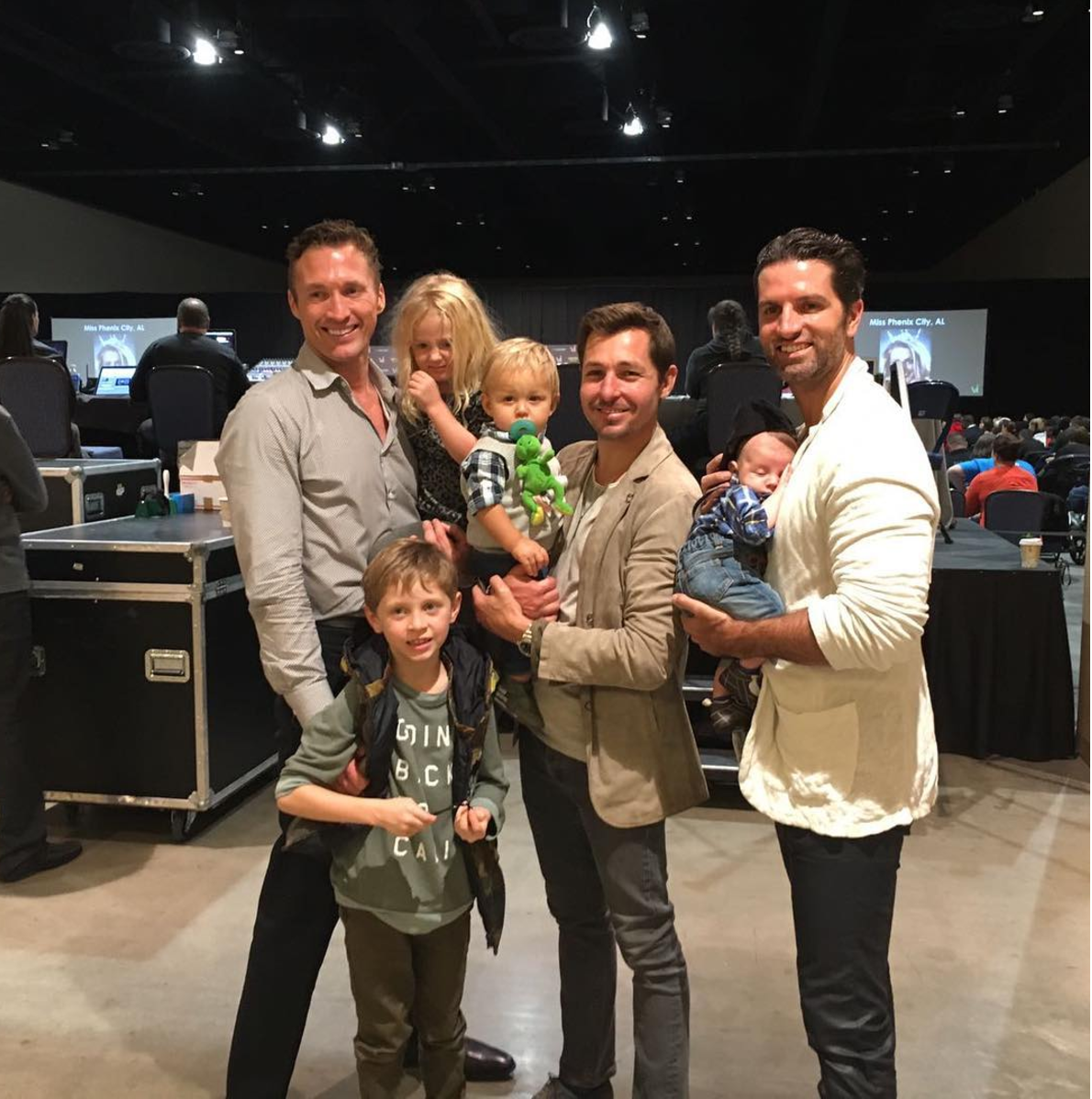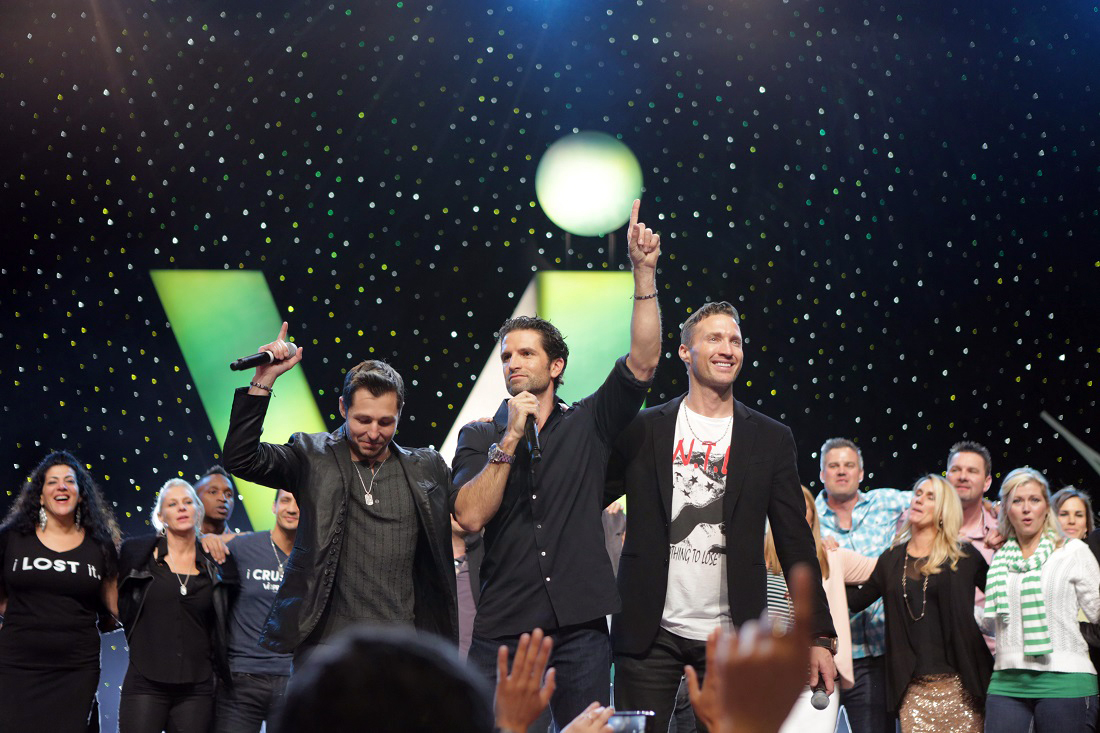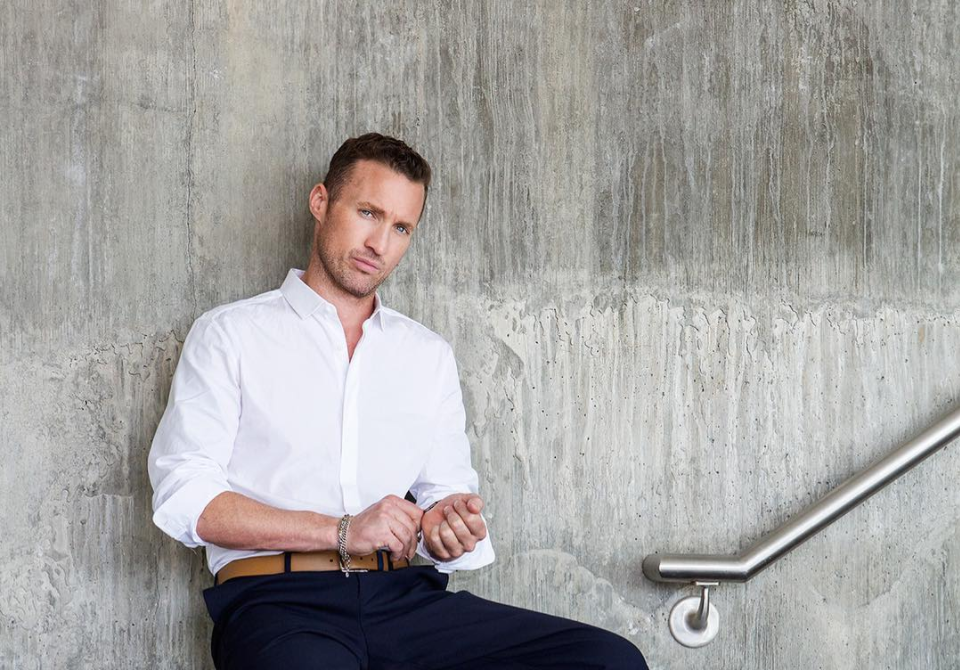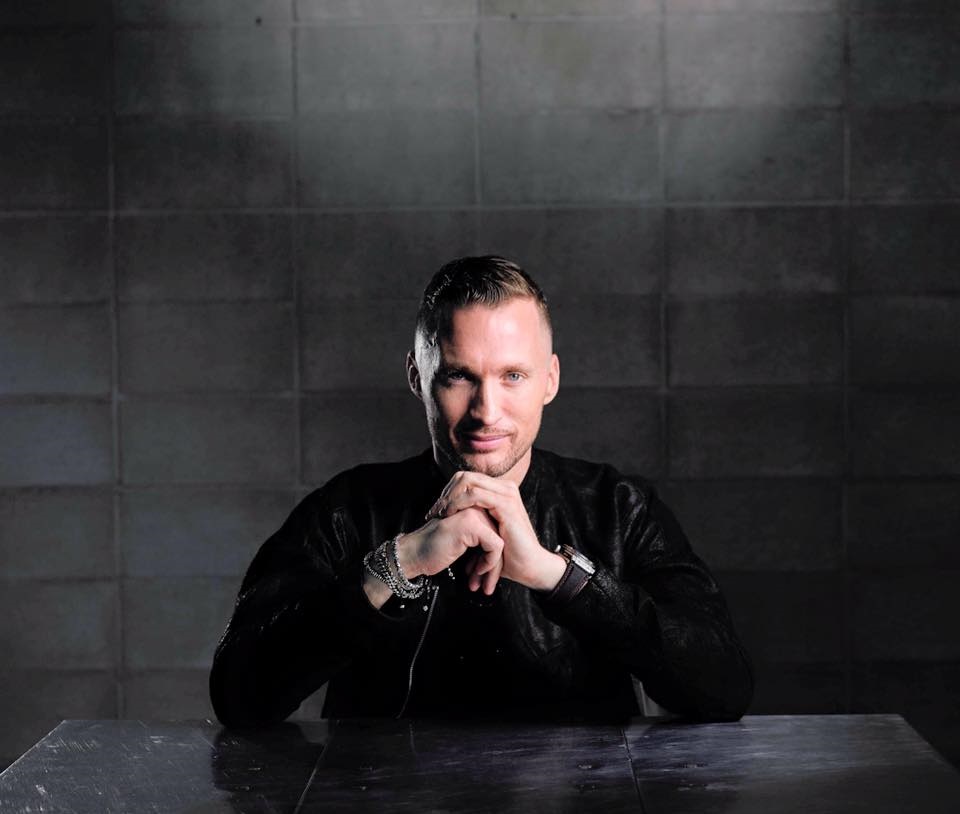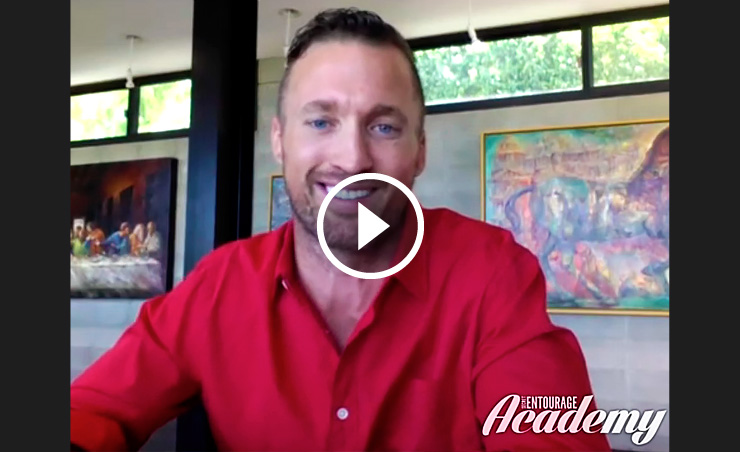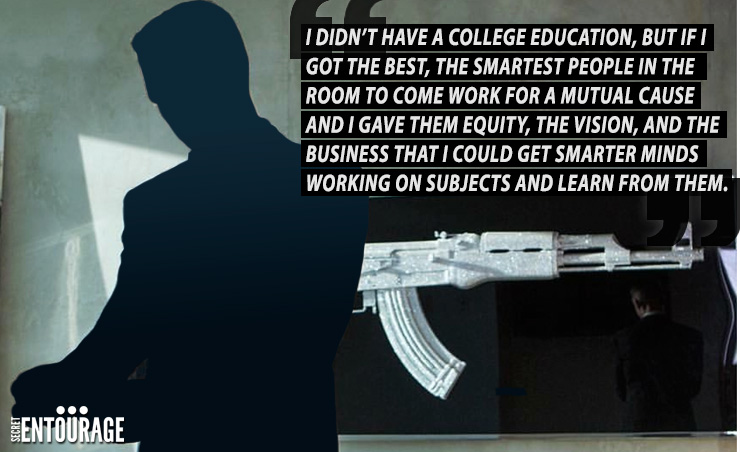
I started in the middle class, the youngest of six children. My father was an engineer. He was a veteran and he had a lot of physical and emotional challenges as a result of his service in Vietnam. I don’t believe in excuses, but that ultimately led him to leave the family when I was 13 years old. He was very violent, very abusive, and he disappeared. At that point, my mother had no choice but to get a job working minimum wage and move us into poverty. As a young male seeking role models, I sought the wrong kind of role models and wound up in a gang. This is when I first became an entrepreneur.
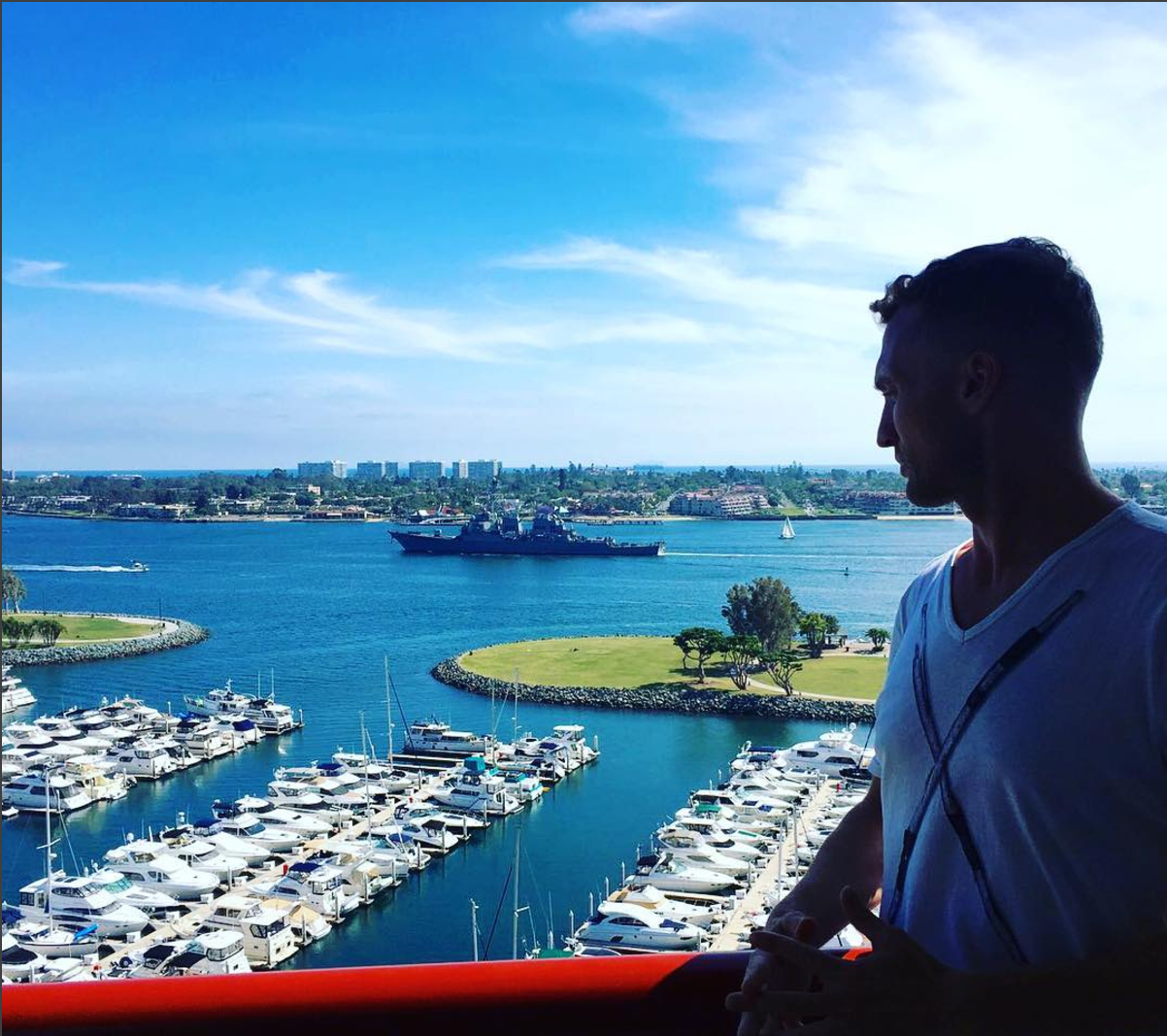
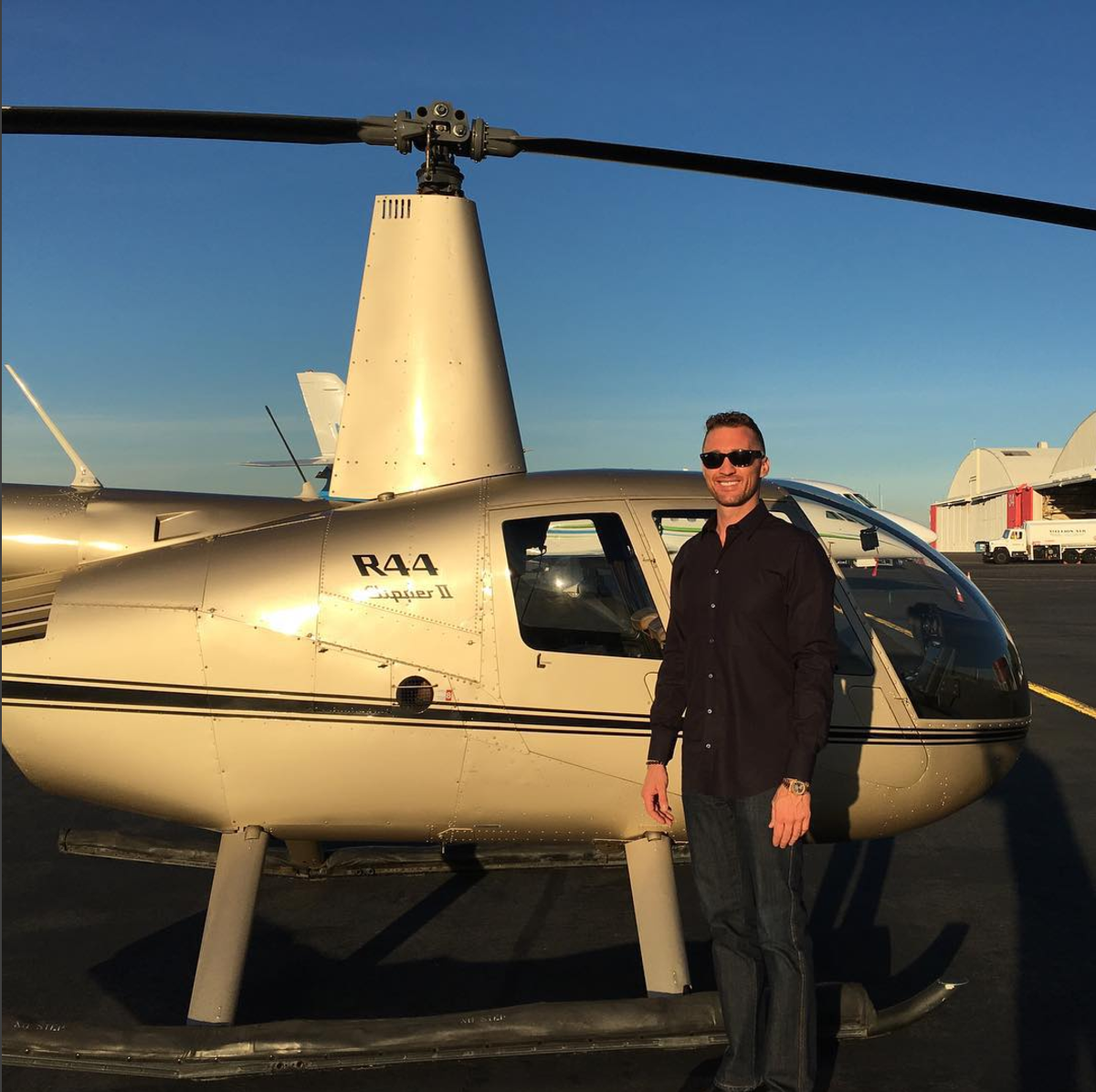
I’ve only had one business that has done a $1 billion. It’s almost $2 billion now. My first business I founded was called 24/7 Tech. I wouldn’t consider it a real success in that I didn’t make a lot of money, but I learned a ton. During the founding of 24/7 Tech, I learned about the emergence of broadband wireless, 3G, and so forth, and at which point, I bought a company called SkyPipeline for $15,000 and three years later I sold it in a $25 million transaction. That’s when I made a lot of my VCs and investors a lot of money. I didn’t understand all the various terms of venture capital so for hypothetical reasons, let’s say, the deal was $25 million, the VC made $24 million of the $25 million and I lived like I made all $25 million of it, but I learned how to raise venture capital. I learned how to have a financial discipline, now to have sales and marketing discipline. At that point, Nick and Blake, the founders of ViSalus, came to me and asked me to help them with the acquisition of the product and some of the outsets. In 2005, after I sold SkyPipeline, I bought ViSalus. It was around a $75,000 transaction with Nick and Blake. Fast forward in 2012, we sold it.
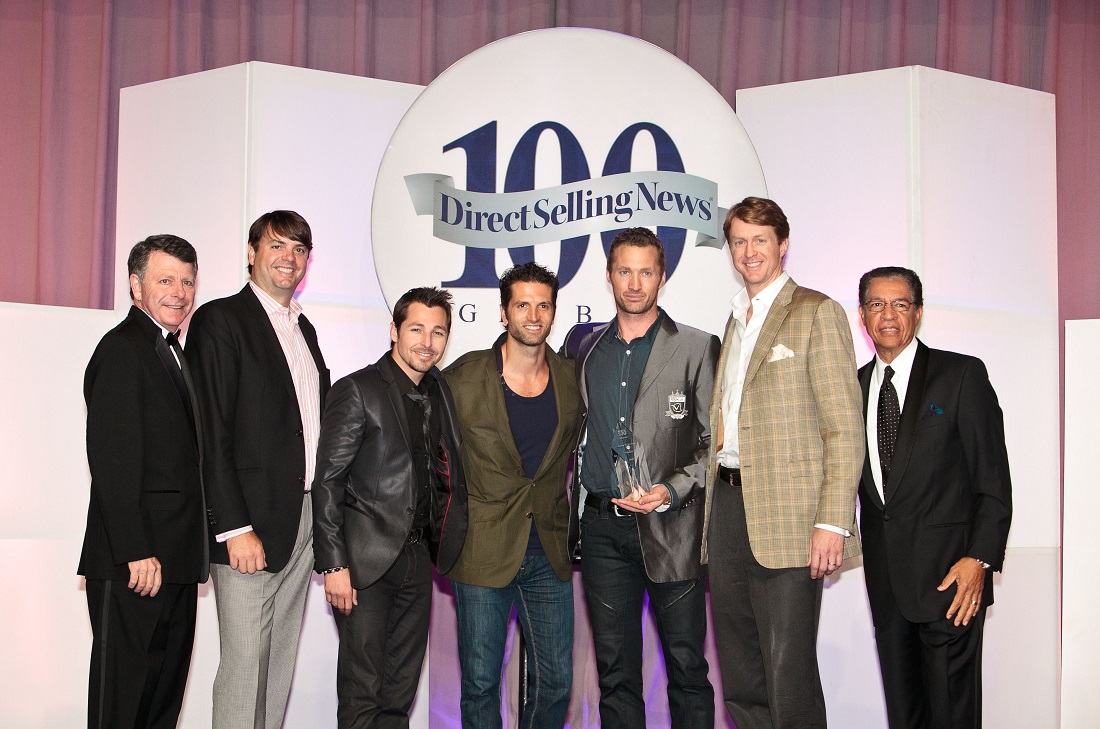
The beginning was funny. Nick and Blake were young entrepreneurs when they started it, maybe 22 or 23 and I was the older guy in the room at 26, 27. It was a multivitamin and mineral called the Vi-Pak, which was like a four-pill combination. We still have products on the shelves today and it was made by a scientist and doctor, Michael Seidman. When I met Nick and Blake, I saw they were going to be great at sales and marketing, and they had already done most of the work with regard to creating the sales plan, the name, a lot of the messaging and so forth. I met Dr. Seidman and I saw that he was true scientist. I said to myself, “I think the marriage between these two is a worth the investment, worth the endeavor.” The irony of it though is it was $125 a month product and they were young people. Young people don’t tend to spend $125 a month on anti-aging.
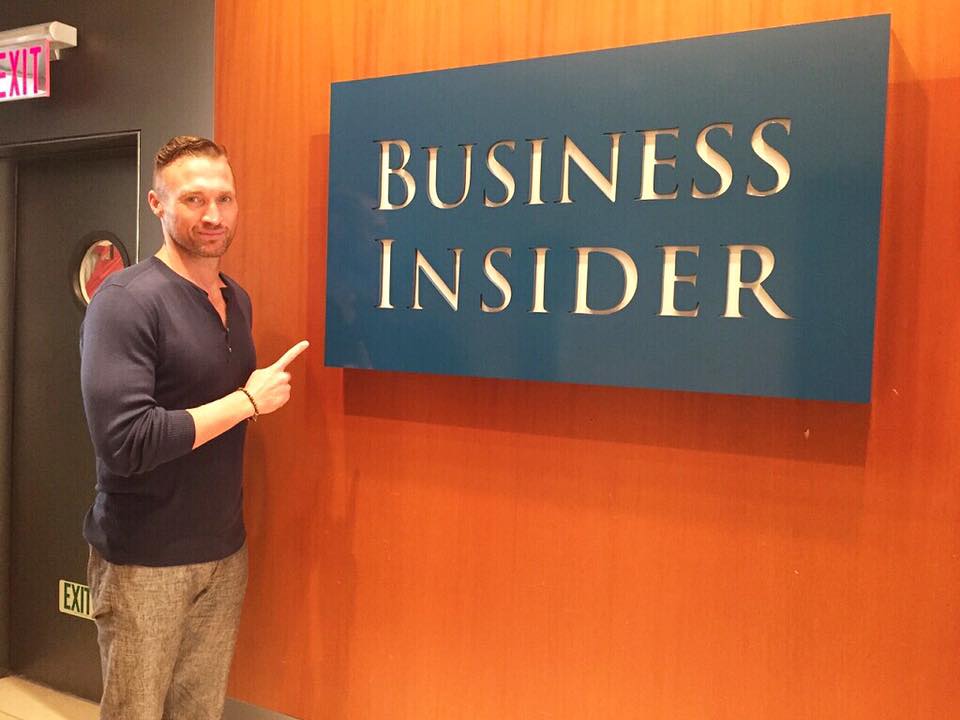
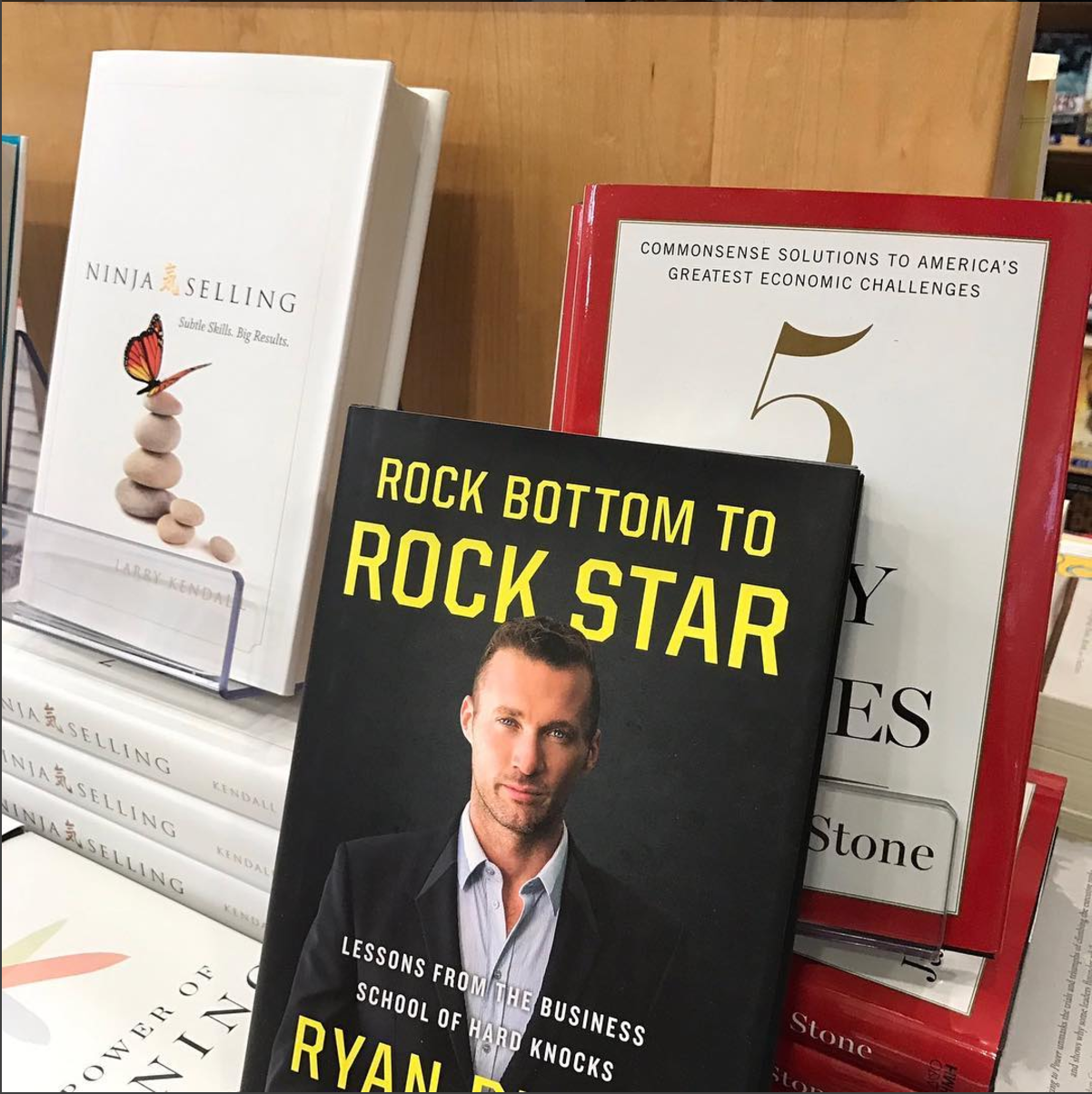
The entire industry is being disrupted and we were one of the big early disruptors. We started with basically saying, “Hey, we’re not going to try to get people to pitch products to their friends. They are not health nutritionists. We’re just going to get people to talk about the challenge they are on and so we invented a marketing concept called challenge marketing.” Other people have had challenges in the past but we put that as fun in on our, basically the tip of our arrow and then the product basically would be sold as a result of the goals people wanted. We revolutionized the industry. In fact, something like 63 different companies have copied various elements of our business model. Our primary goal was all of our promoters in our business was for them to get their product for free. We had a three for free program that was a big driver of our customer acquisition system. Meaning, if you get three people to join you on a challenge, you get your product for free. People would naturally promote and share the challenge not only because they are getting results and it’s weight loss. It’s a social thing as much as it is an individual thing, but because they also wanted to get their product for free by promoting products that they love.
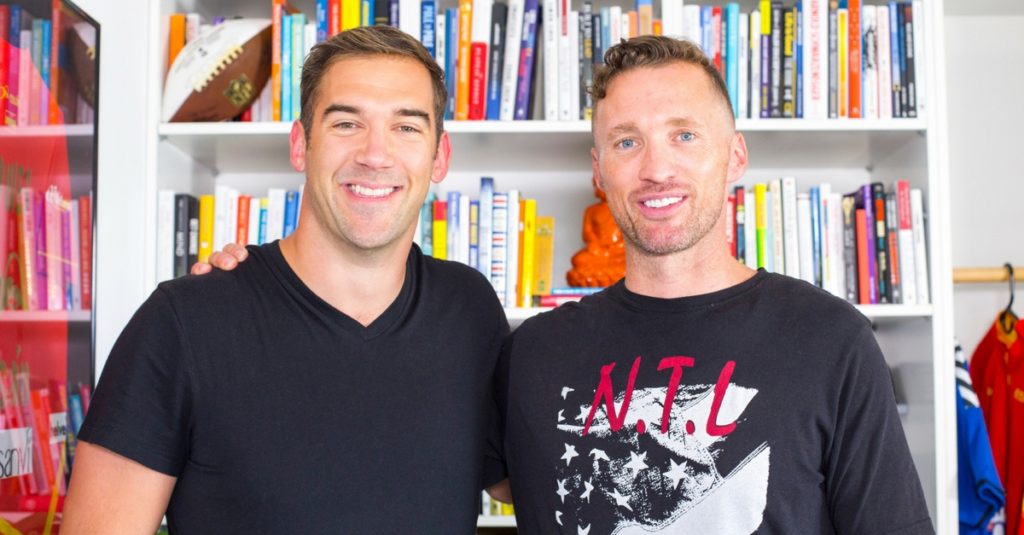
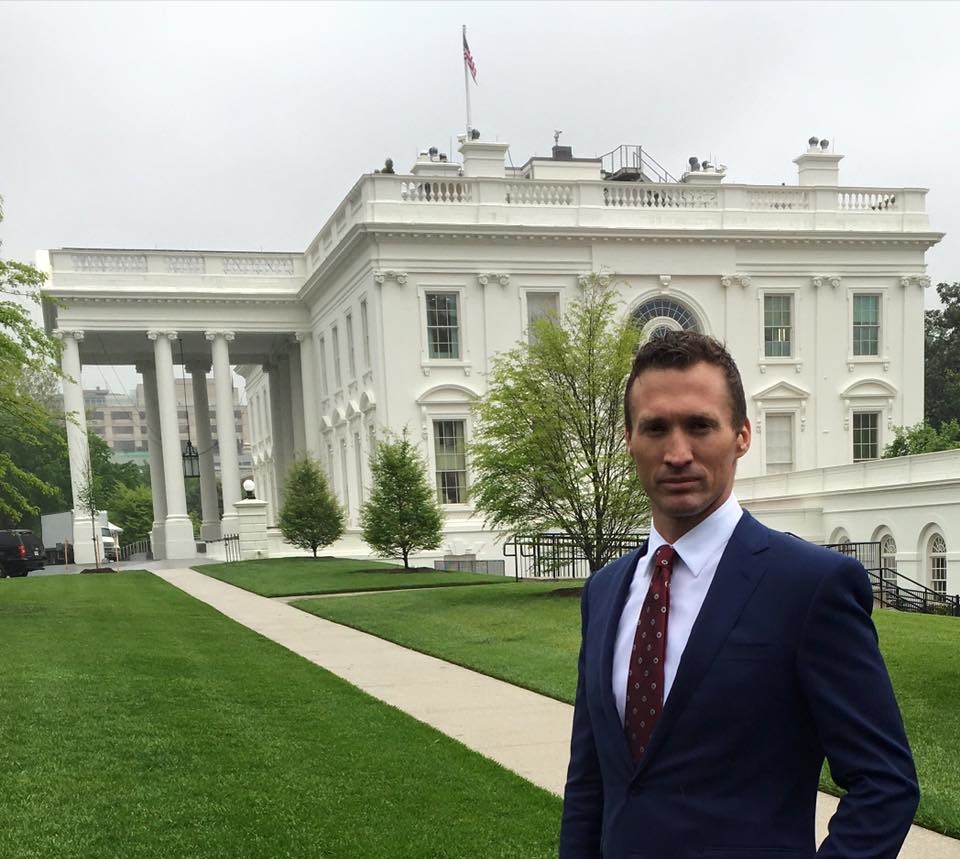
I don’t like to swim upstream. Selling uphill is not easy. I prefer the wind at my back. We’re going to completely position outside of the industry. Meaning, we’re going to adopt our own standards and playing our own game as opposed to say that we’re one of the many participants in the industry. In fact, I think our biggest mistake and it’s a competitive trait was we basically built a business model and said we hate network marketers. In Nothing to Lose, I have a chapter called Pros and Cons of Home based Businesses and I break down all the behaviors that compensation can drive and the mistakes that we made along the way.
Multi-tier commission model where you’re dealing with thousands of people, you can lose the message. You can lose the quality and as a result, you can attract the wrong people to the organization, and so you don’t have a real control over your culture as much as you’d like. A lot great of companies such as Amway, have figured out how to master their culture in a way that has created them a sustainable business. We’re really focused on that right now, but when you make a lot of people a lot of money fast, a lot of people are drawn to it that you don’t want to be in business with, but you only learn that after the fact unfortunately.
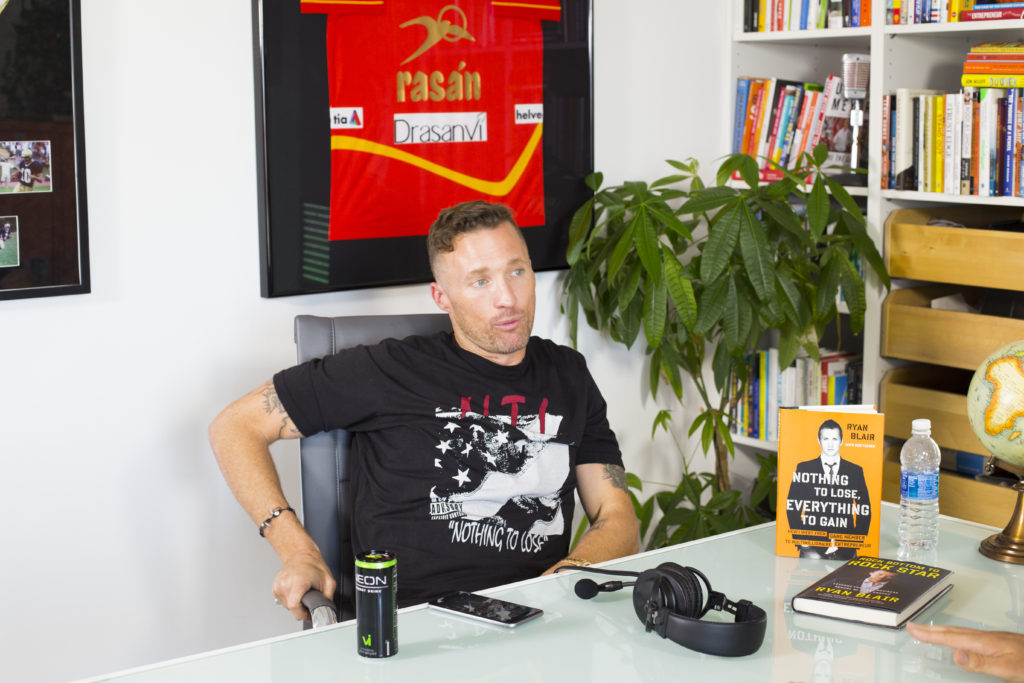
The best business model in the world is based on the law of reciprocation where if you give, you receive. When I was in the middle class, I was raised Mormon and so we had a very structured system of tithing and giving and so forth and I have since adopted my own belief system on a variety of subjects including religion and so I’m not here to pitch that, but I always believed that you should give first and then you receive. I believe you should educate yourself first and then you receive. Some of the principles that were instilled in me early in both of my business career and early adolescent were giving first. ViSalus to that tune, even when we were in top shape, we’ve given over five million meals to families in need. We’ve helped millions of people lose tens of millions of pounds. We’ve given to hundreds of charities. We have a national sponsorship with the boys and girls club. We are on the ground for the flood victims recently in New Orleans. We are on the ground in Japan when the tornados hit, on the ground on Katrina, in Haiti. We’ve donated tons in our European businesses as well.
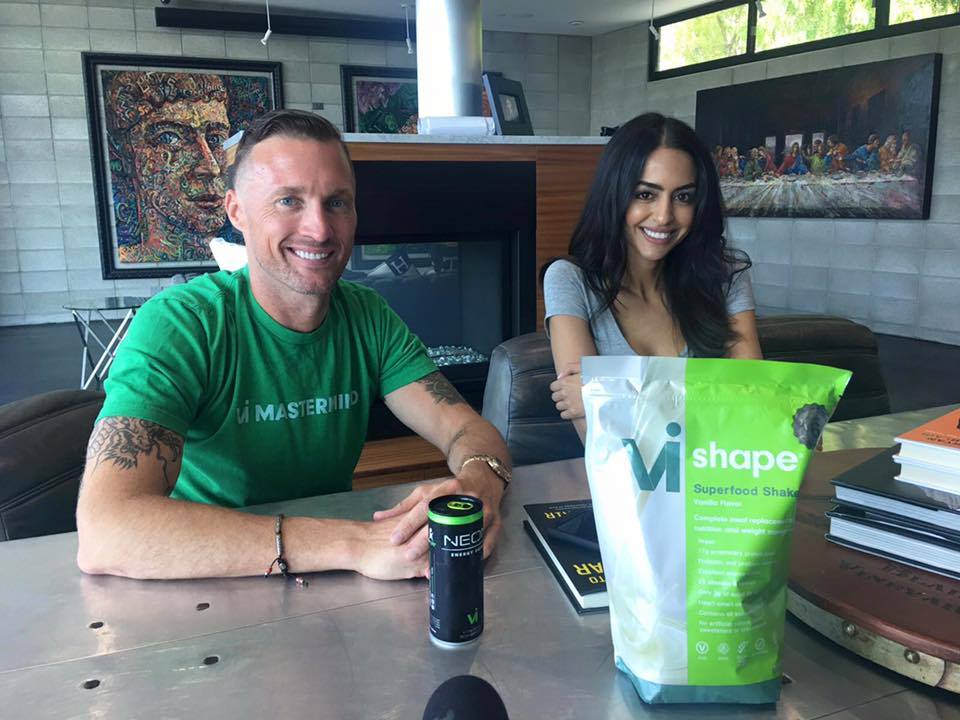
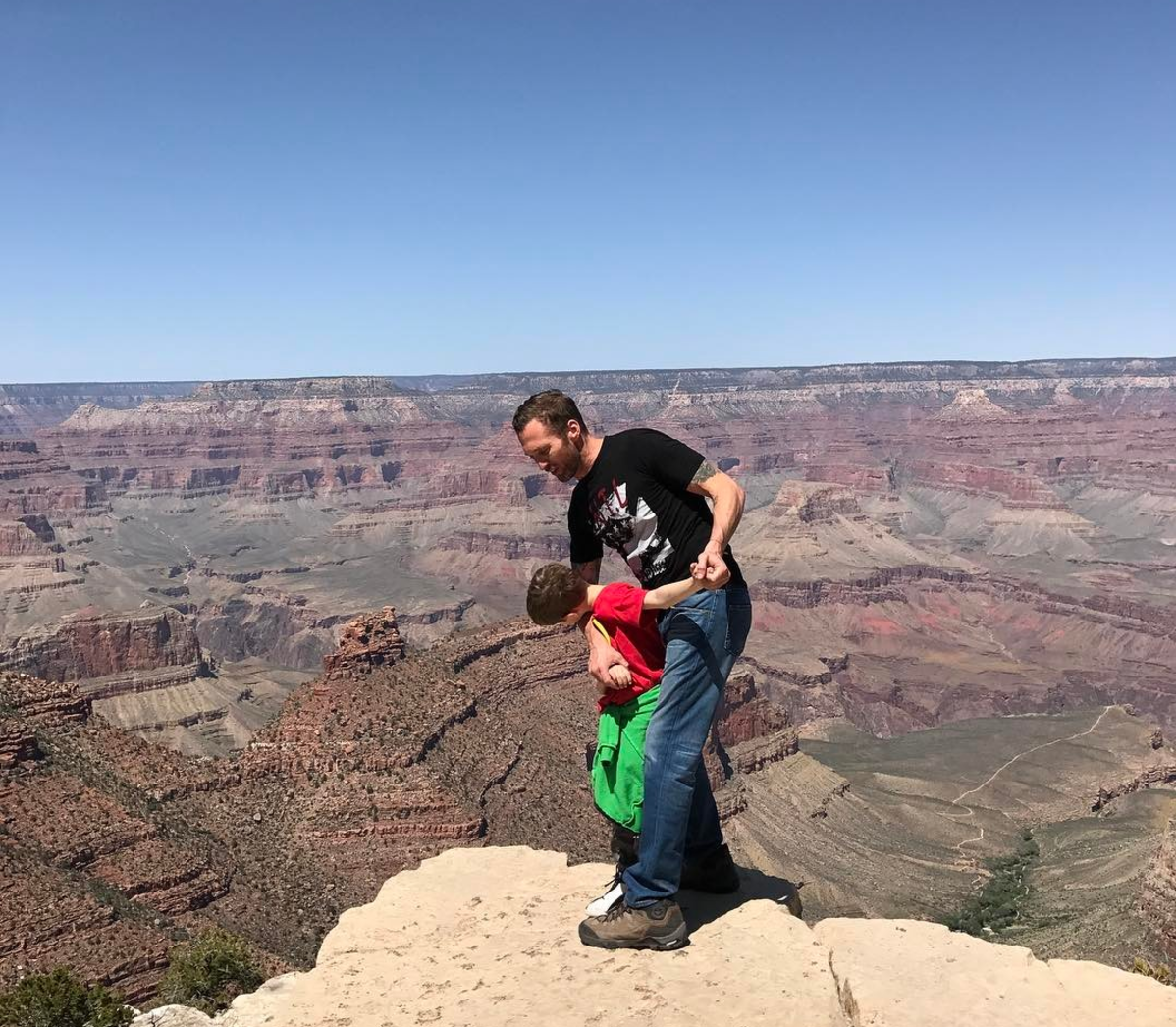
I want to make sure everybody understands this part, I hate it when I hear an entrepreneur talk about the number of businesses they are involved in. That is nothing to be proud of. That just shows a lack of focus. I have a bit of a different strategic mind in the way I think. For those of you who are curious about this, I use a tool called StrengthsFinder. It’s not a paid endorsement or anything like that but it teaches you what your strengths are and when you optimize around those strengths, it’s like $80 test that you take. It takes about 30 minutes. One of my strengths is strategic thinking. All of these things are, in essence, a chess board that I’m playing where for example Elite Daily, we invested there because we wanted to learn about the millennial marketplace because we knew that there’s 90+ million people in the US and Canada and there’s hundreds of millions around the globe that are really having a challenge right now and suffering. We want to understand their mindset. I’m two years outside the millennials. I’m like the big brother of the millennial generation. I wanted to make sure I understood it. I also saw the content platform, the way they source the writing. They read my book, started Elite Daily, and then reached out to me to invest. So, my hat’s off to Gerard Adams who basically sought a mentor, me, and it took off like a rocket ship and I’m just happy to be along for the ride. I did do very little work other than maybe mentoring Gerard from time to time with that and learning from the team of Elite Daily. They are an awesome company. I’m really proud of them. They sold it to Daily Mail for $47 million.
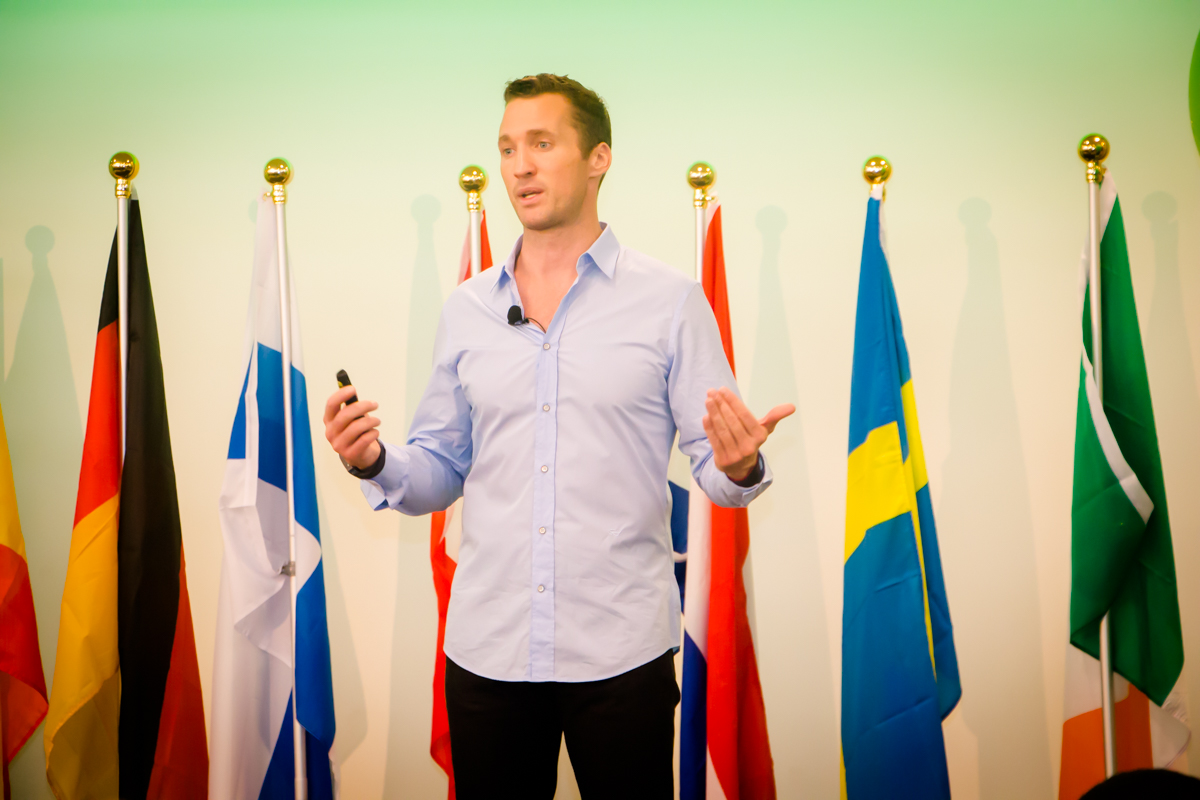
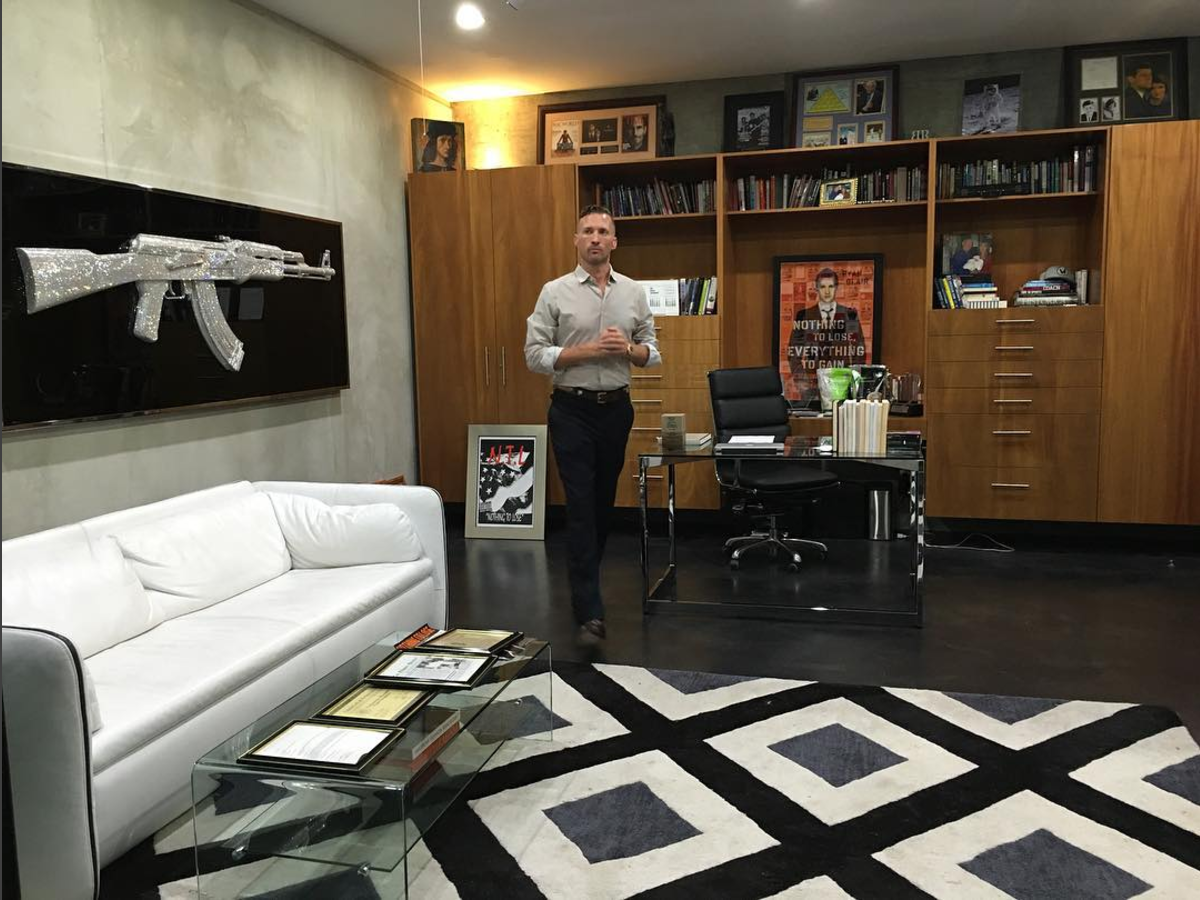


The other thing I want to tell you when you hear about all these companies and what not, I couldn’t have done it without a great team. I have one of the best teams in the world. Russ Pick, the founder of Sun Microsystems, once told me to aim high. He said, “At Sun Microsystems, we always try to find the best talent possible.” To me, it was simple. I didn’t have a college education. I didn’t have all the acumen, but if I got the best, the smartest people in the room to come work for a mutual cause and I gave them equity, the vision, and the business that I could get smarter minds working on subjects and learn from them. Eventually if that’s a strength, I could build to that. If it’s a weakness, I could staff to that.” That was my philosophy.
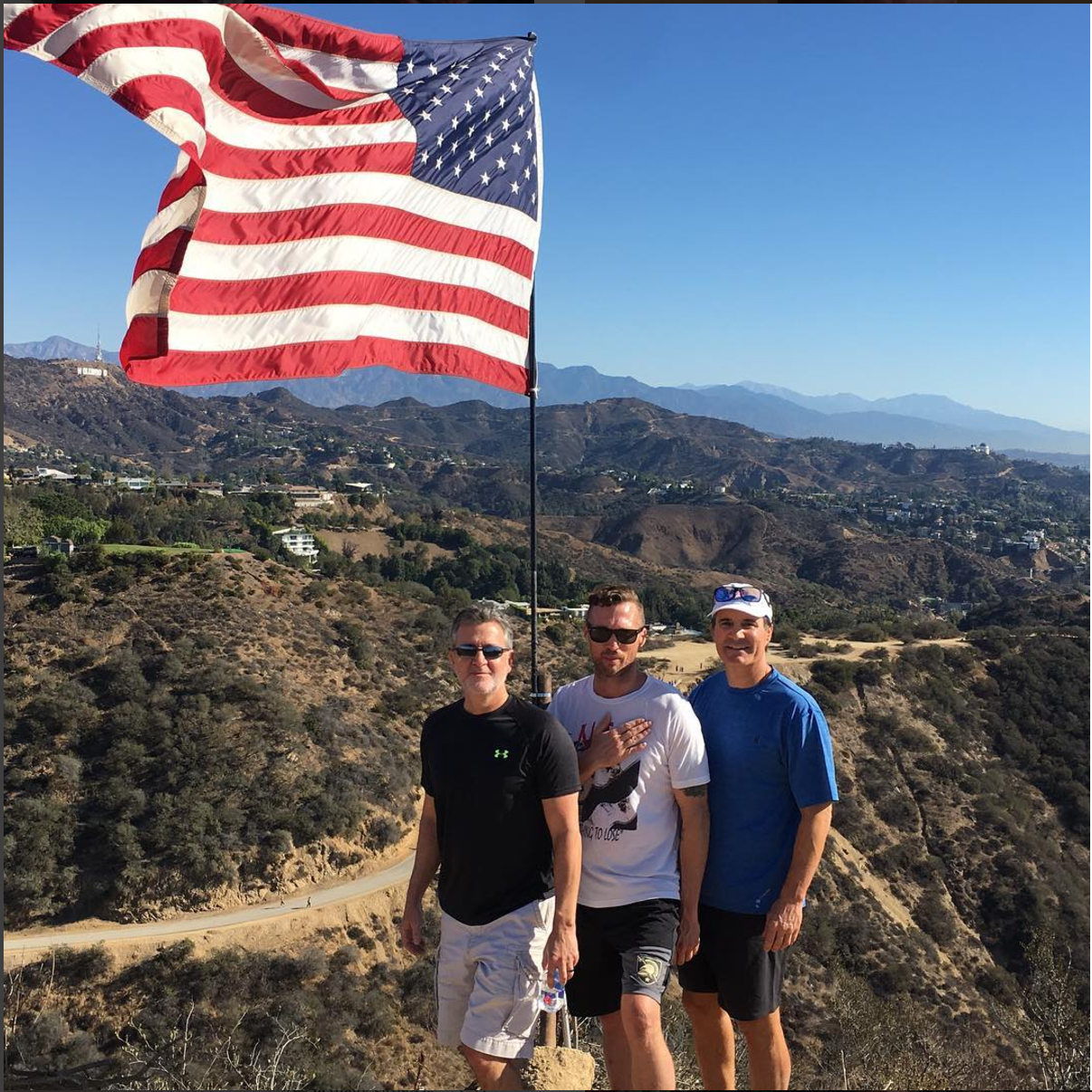
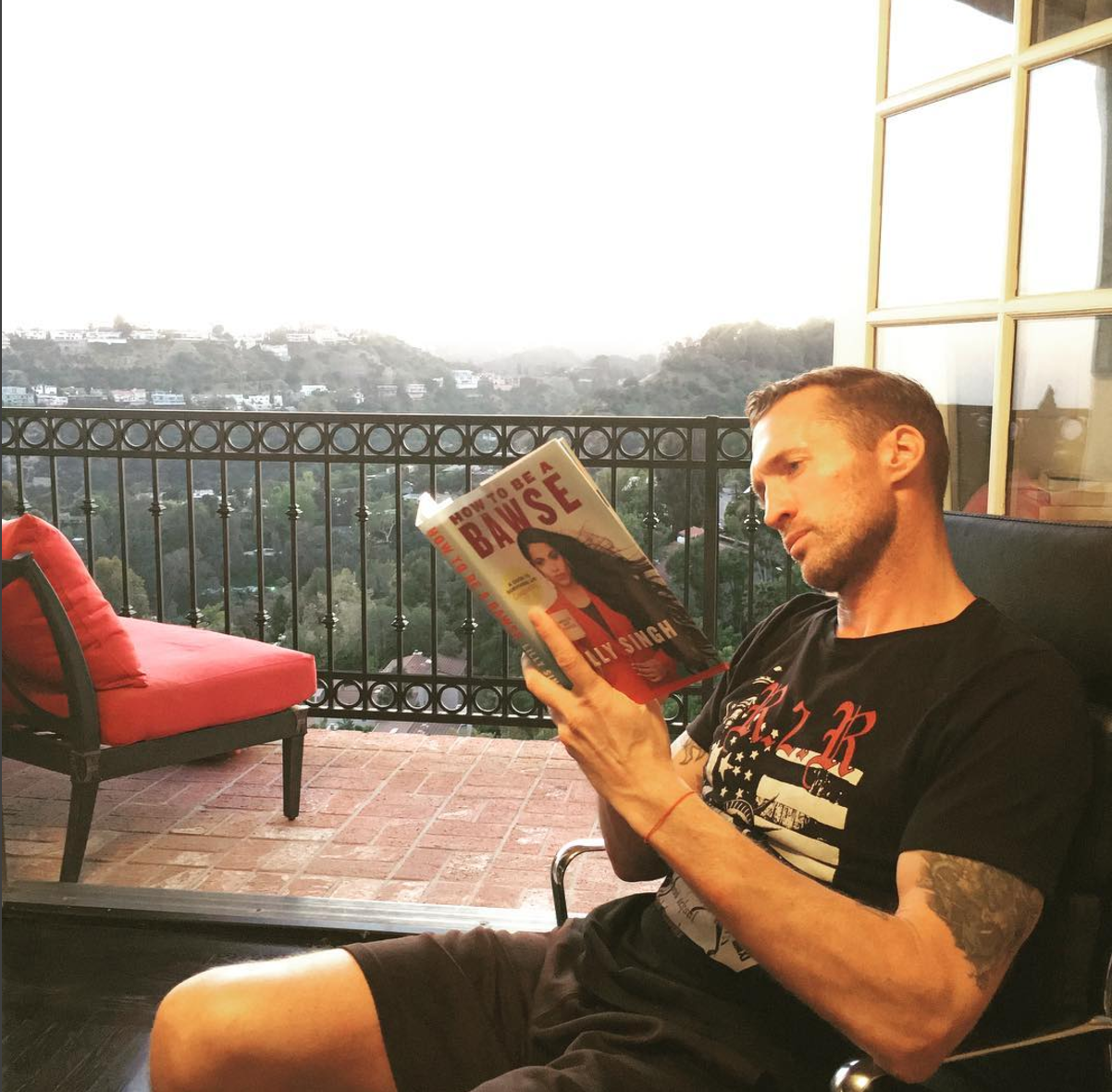
For example, Fragma entrepreneur out of San Diego, Jay Charles, he was an employee of ours at Path Connect, which is a startup I founded, and Path Connect built a software that powered ViSalus’ sales force. It sold to a company called Solution X which sold to a company called Isentress. That software product generated something like $80 million in sales for ViSalus and maybe another $100 million in sales for the combined companies. It empowers my industry or many of the companies in it, the most prominent I would say. Jay wanted to start a business in the mobile app space and so I was his first investor. We wrote the plan together, the patents. I have since raised $5 million for him and he has about a $10 million business today that’s going to take off like a rocket ship very soon.
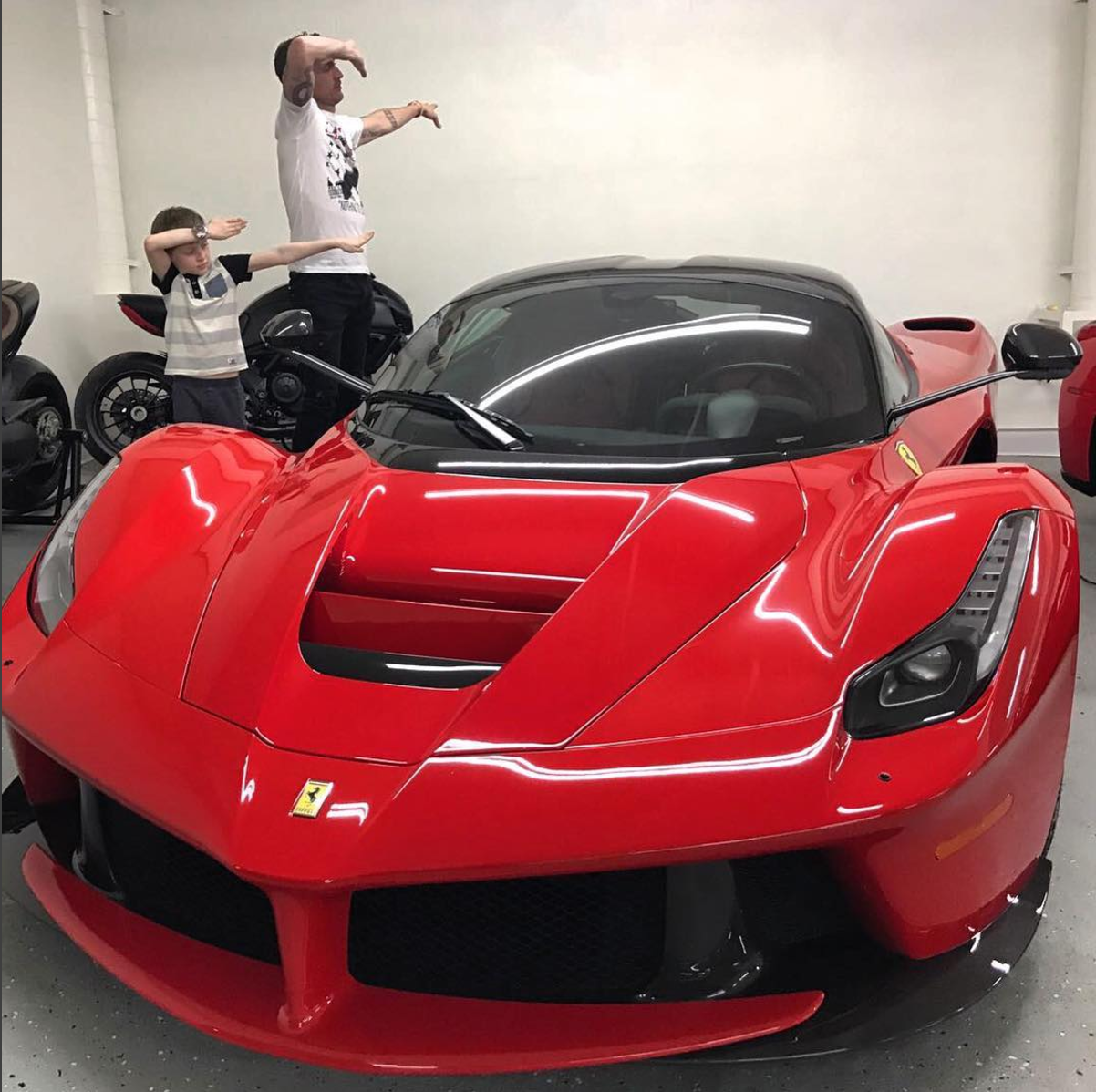
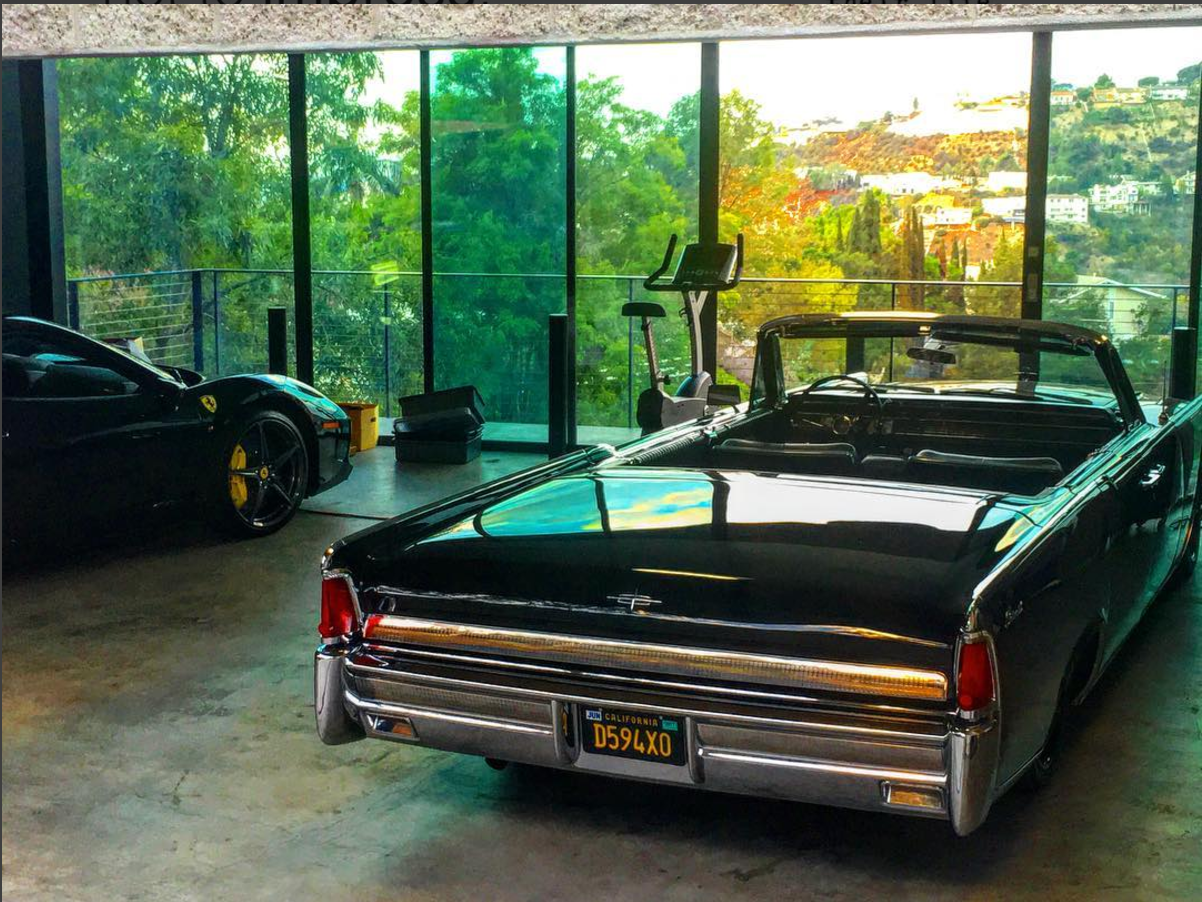
For one, the innovation is moving very fast within the product side of it. I love buying companies. For those people in Secret Entourage, I bought a company, an energy drink company called Neon and the product is fantastic. I should have a can here for a plug but the entrepreneur who had created it raised some money. He stumbled but I love the product. I love the taste. It was a healthy energy drink. I love the marketing and positioning. I bought the company and I gave him a royalty deal and he since had done well from it, and the company is expanding quite fast.
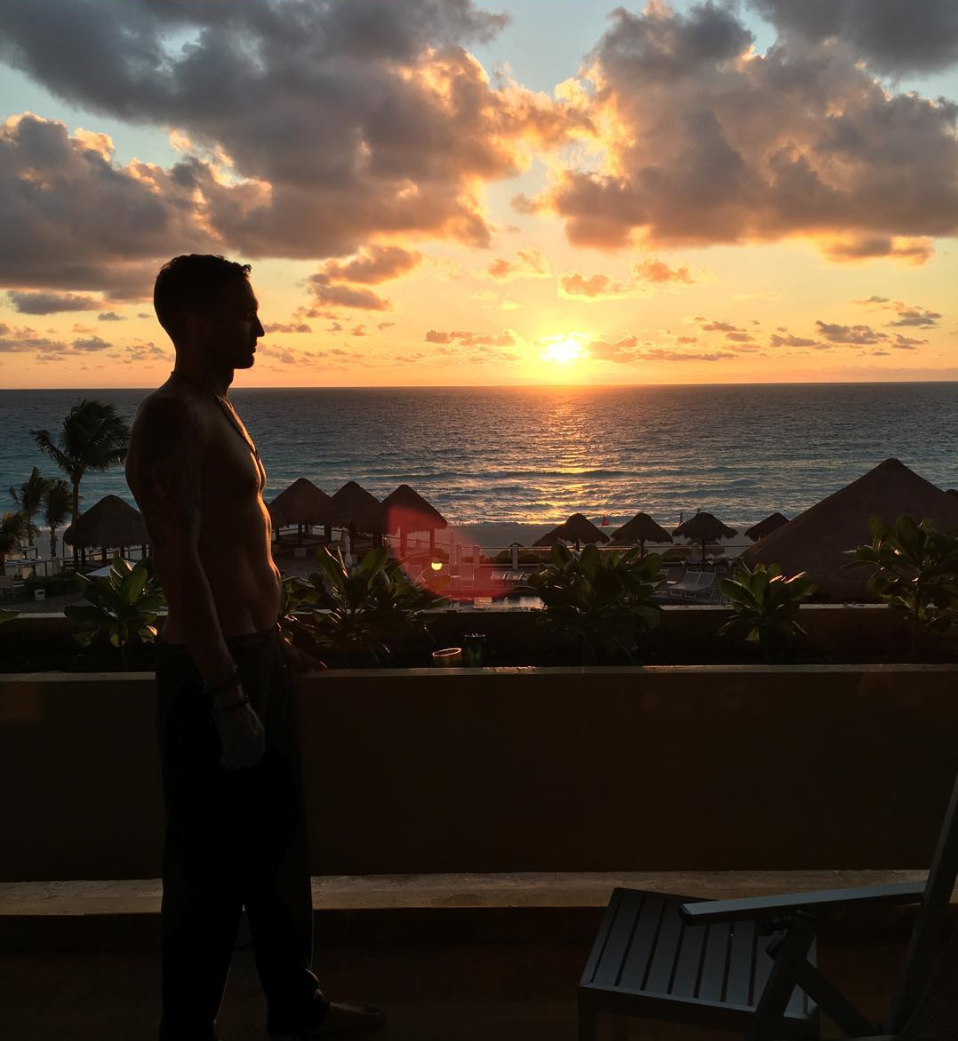
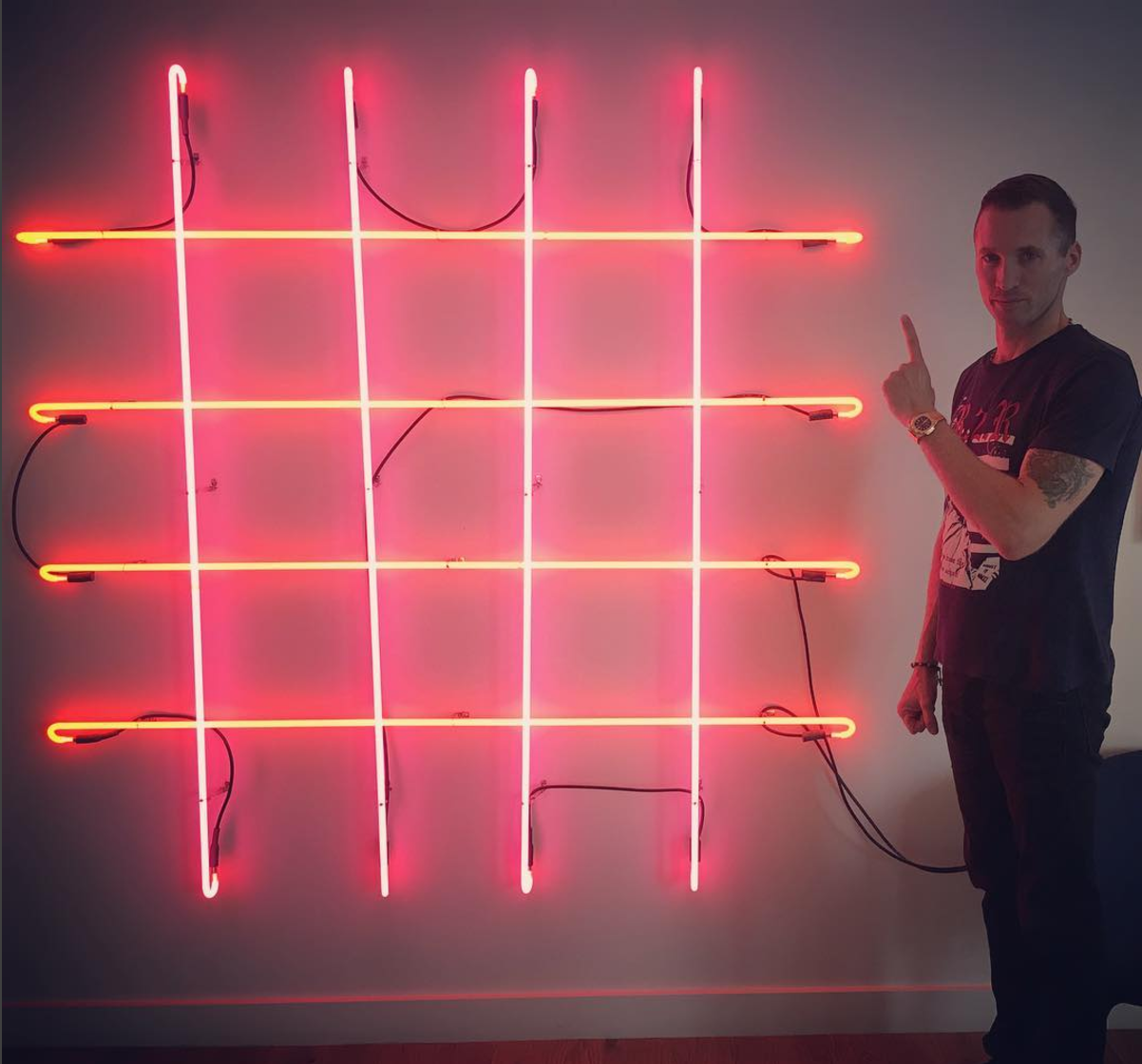
I think it’s an inevitability that humankind not as well as 1984 but humankind is going to be taking increasingly more food supplements because the quality of our food is degrading. The industry is going to be going through a lot of evolution and innovation, and you’ve got some formidable competitors heading your way. It’s going to require thinking ahead five years out and ask yourself, “Who are you going to be competing with then, and not necessarily who are you competing with now?” Also, there’s lower barriers to entry now than ever because of the mass manufacturing of the pharmaceutical companies have done and all of the companies that have created quality outsource manufacturing operations. We have a lot of teams out there with a lot of food scientists that are willing to do white label or willing to copy your ingredients and your formula, and get it to a point where it’s nearly identical, maybe not exactly and reduce your prices and compete with you to turn you into a commodity, which is something I’ve seen all too well. Our shake took a 27% market share in US and Canada. We’re #1 in shakes in all of North America. We sold more shakes than Amway or GMC and everyone in between. Our competition saw how we did it, which is we focused on taste, low sugar, and great taste. They reverse engineered an alternative and 2-3 years later, there’s a better shake in the market place. One of the mistakes I’ve made was I wasn’t constantly innovating on my next iPhone to use an Apple parallel. I thought I won the market. I patted myself on the back. I thought they could never catch up, and they caught up and now, I’m in a bit of a firefight. We just came up with a vegan product. It’s another thing that is quite fun, but with that said, it’s a highly competitive industry. You have to be competitively driven to win in this industry, that’s for sure.
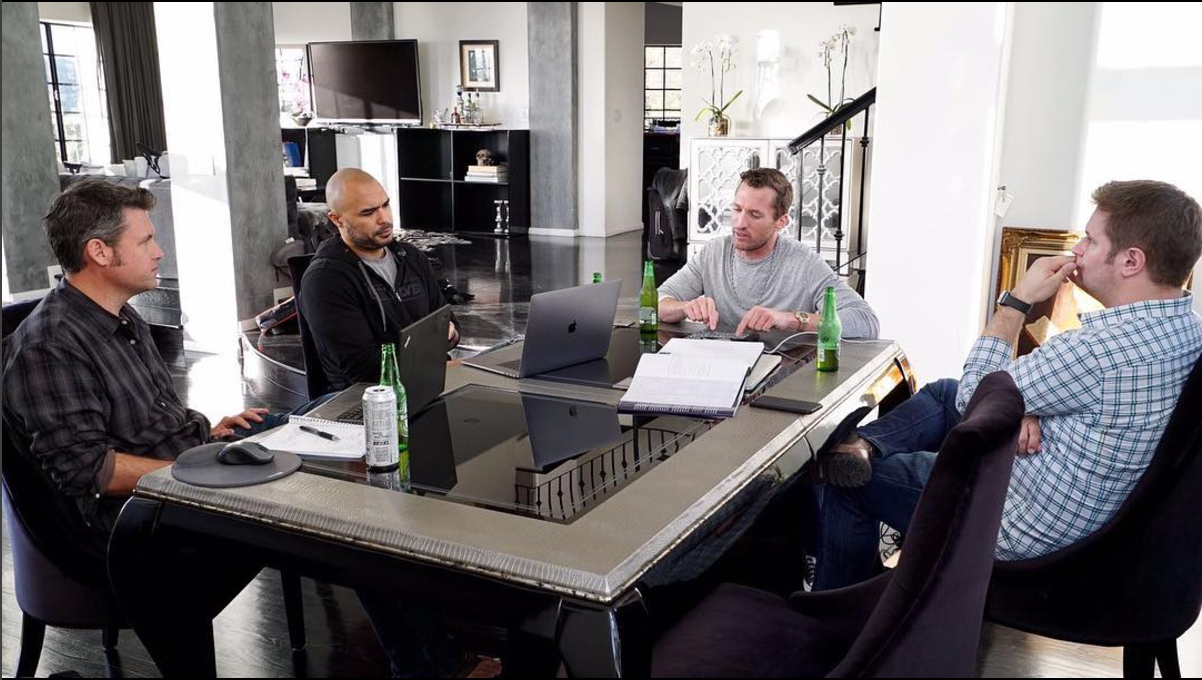
I have been on a very fast pace of evolution over my 20-year career as an entrepreneur. I have started officially as an entrepreneur really in October 20 years ago. My value system has evolved. My ability to understand people and have empathy has evolved. Also, I have become a father and as my son is growing and taught him lessons, I realized, I’m more of a teacher. I use every opportunity I possibly can to teach him and then when I have an opportunity to teach others, I do so as well. That’s why I love the work that I do that is outside of the boardroom like writing a book, speeches, and things like that. I’m in a constant phase of evolution and one of the things I talk about in Rock Bottom to Rock Star is reinvention. I learned about the subject. I reinvented myself from gang member to entrepreneur, from entrepreneur to author, from author to IPO, NYC publicly traded officer, blah, blah, blah corporate guy. From corporate guy, I’m now reinventing myself to father and more of a family man, and not just because I got to have a lot of fun and now I kind of want to work with the same intention I did to get wealthy. I want to work to accumulate enough wealth to give it away with that same intention and to create an infrastructure that leaves a legacy.
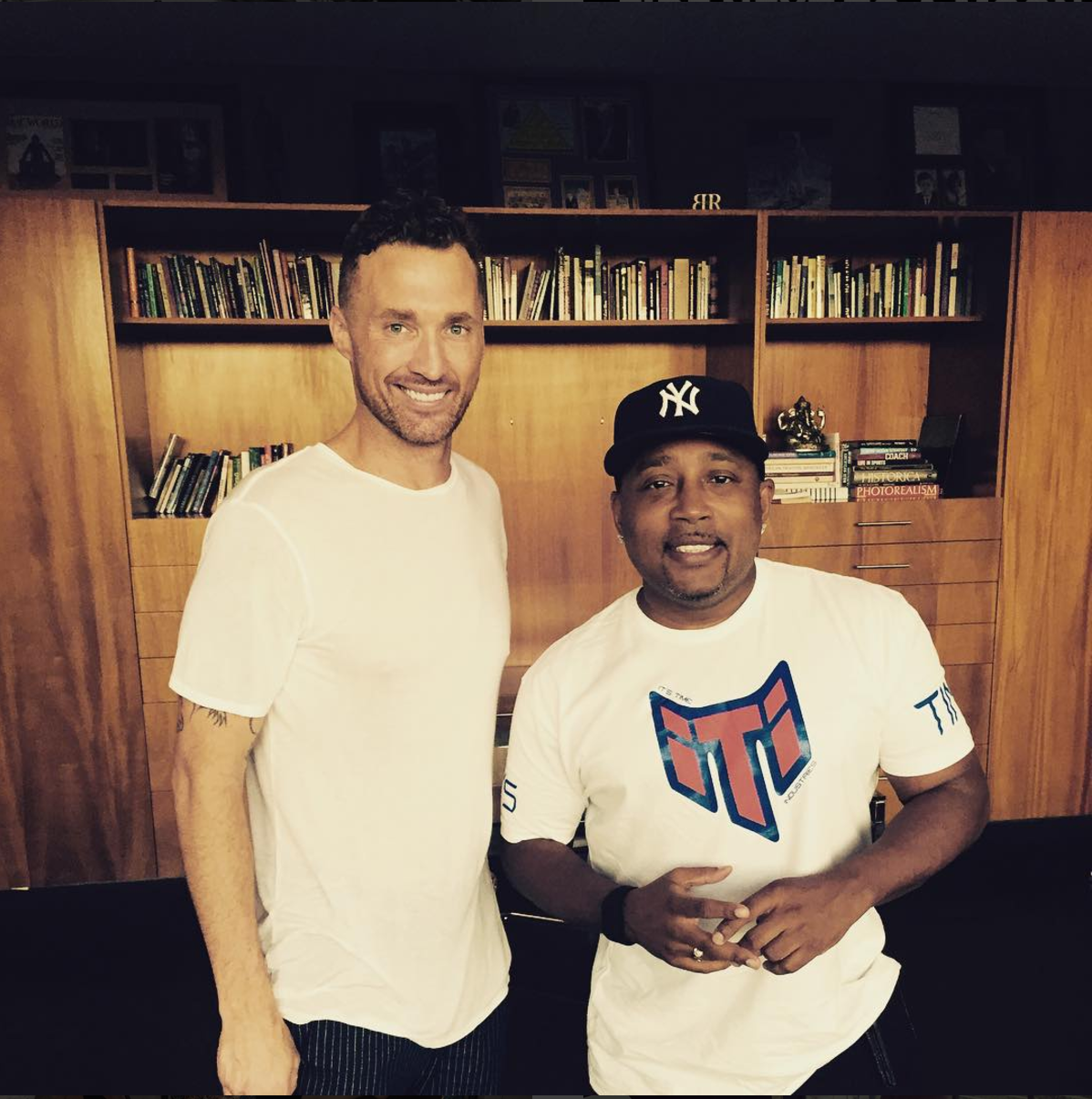

I’ve seen this a few times recently every time I do a board meeting. A lot of times, if you have a great idea, you might get some real professionals to the table like I did. I talk about this being green and nothing to lose. I feel a lot of entrepreneurs that they might have a great idea but they should shut up when the experts are talking and listen and take notes. They don’t need to have all the answers because I certainly didn’t back then and I certainly don’t now. They need to learn how to say, “I don’t know. I will get back to you,” not have a big debate about why the question is presented in the first place because when you bring the experts to the table, we’re there to coach you, challenge, you, hold you accountable, and grow you.
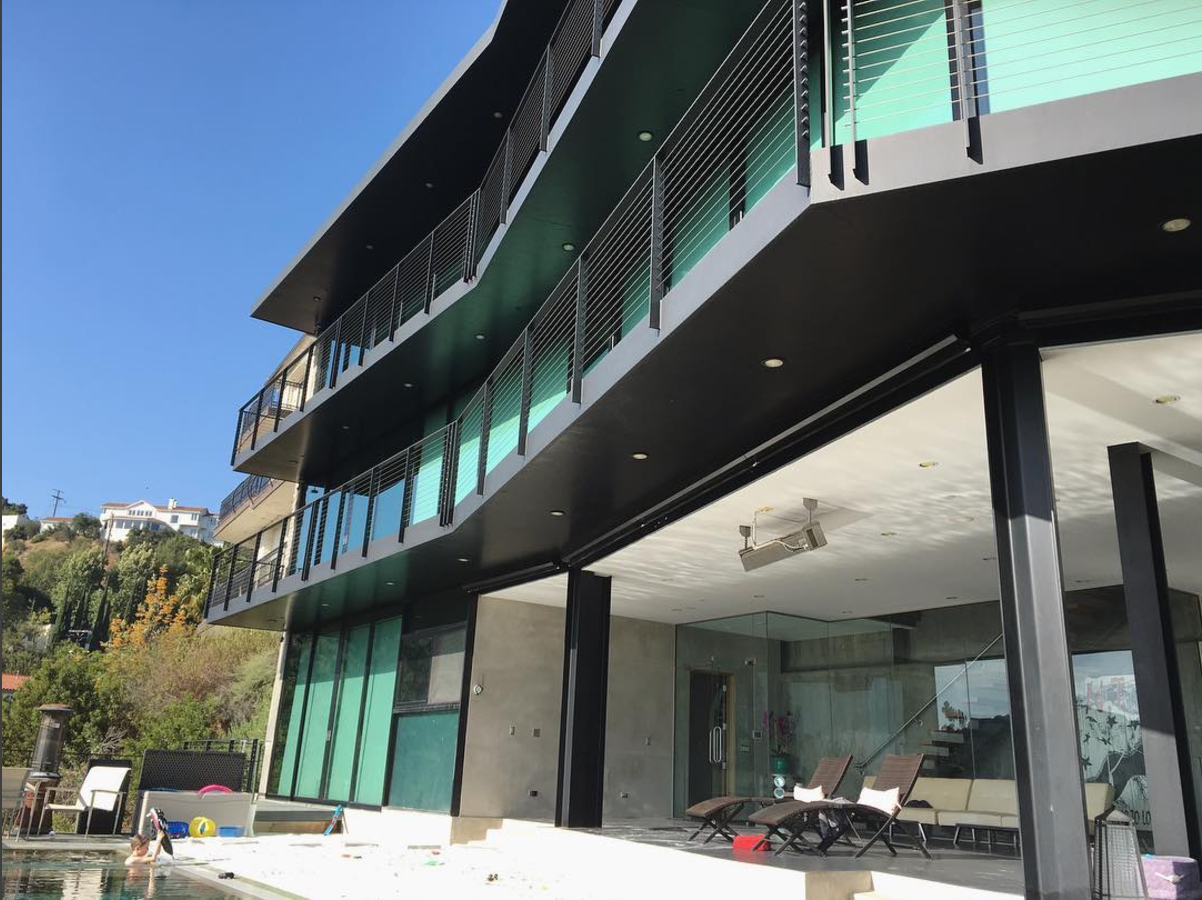
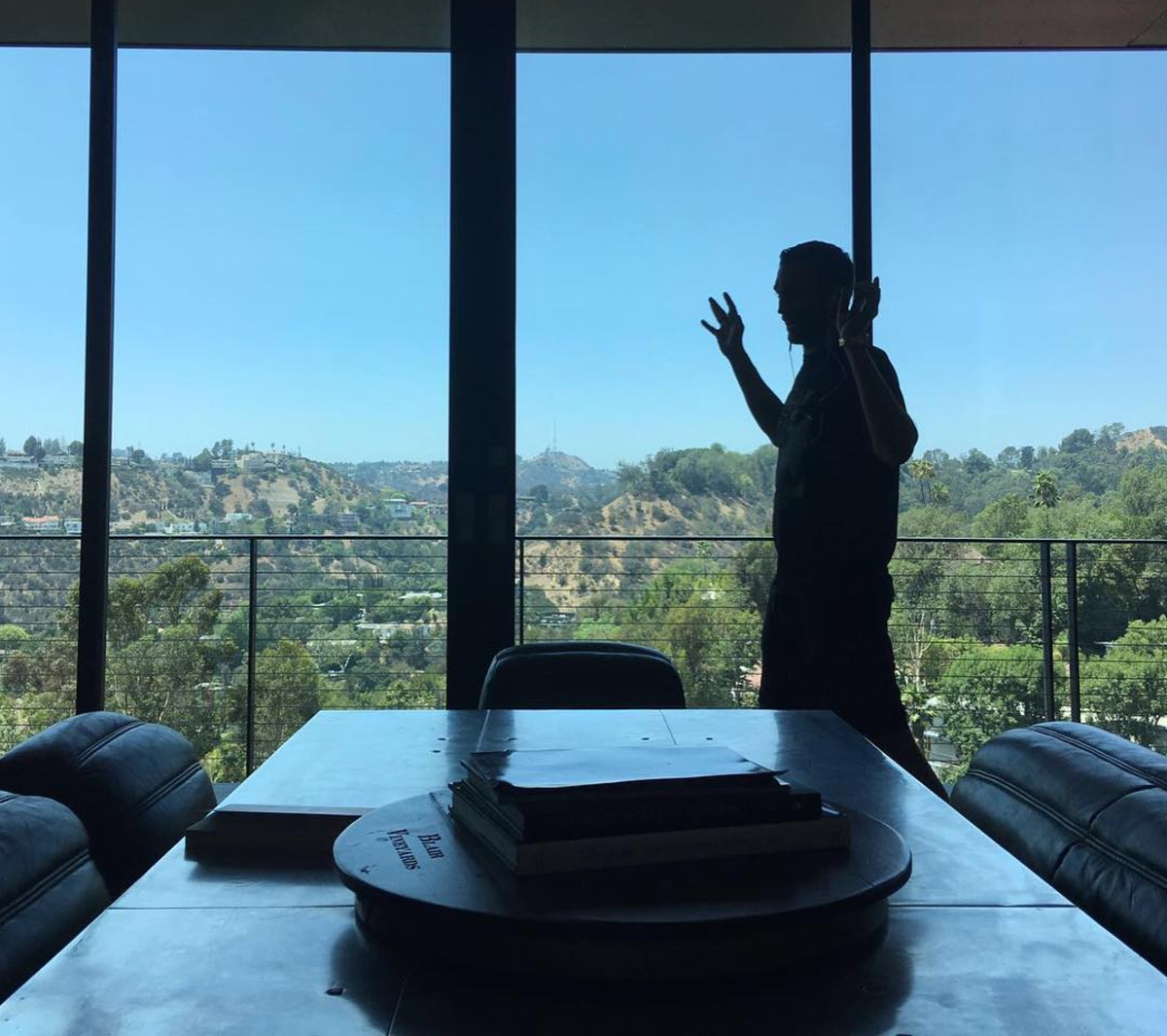
Obviously, I see a lot of entrepreneurs not understand that and that’s why I coach a lot of them. I pull them aside after each board meeting and I say, “Look, I’m giving you the advice I would want someone to have given me after a meeting like this. #1 just do me a favor and don’t ever do this, this, and that again. It makes you look bad. It makes the company look bad. I know that’s not what your intention is.” Most of my entrepreneurs are coachable and the ones aren’t, I don’t spend much time with anymore. There are a few people that I have invested in that know what I’m talking about.
